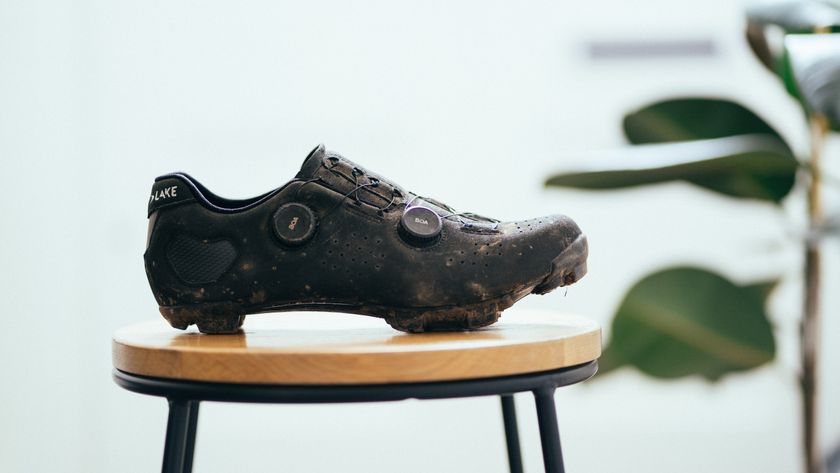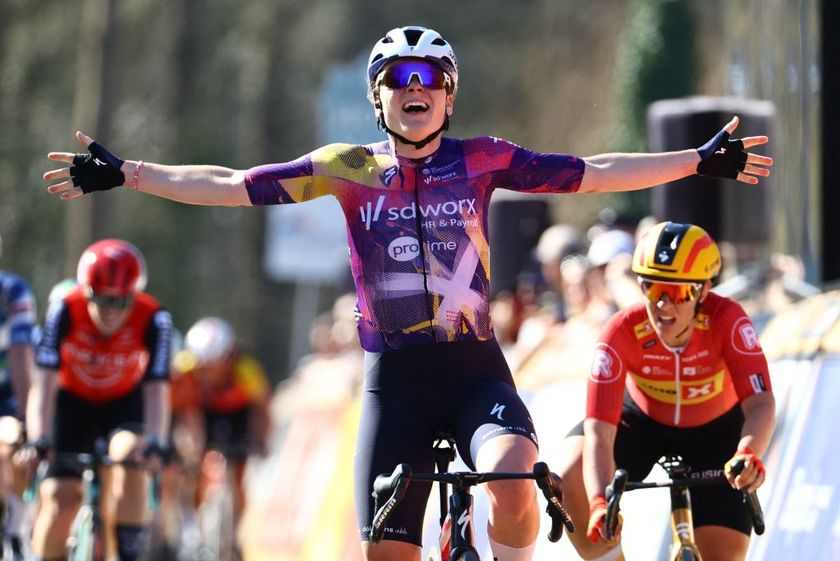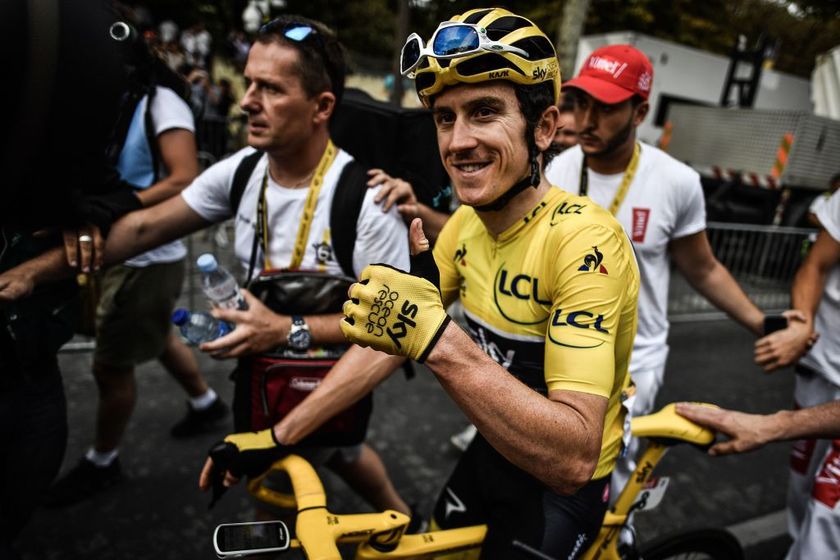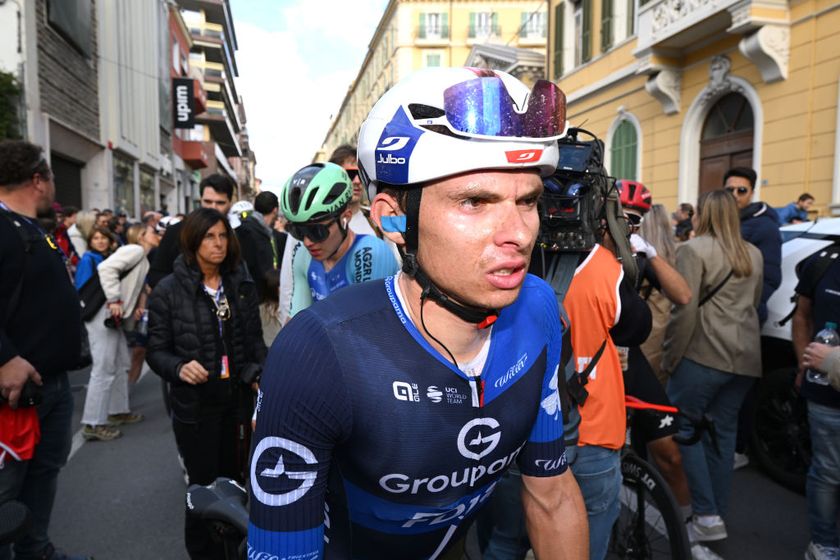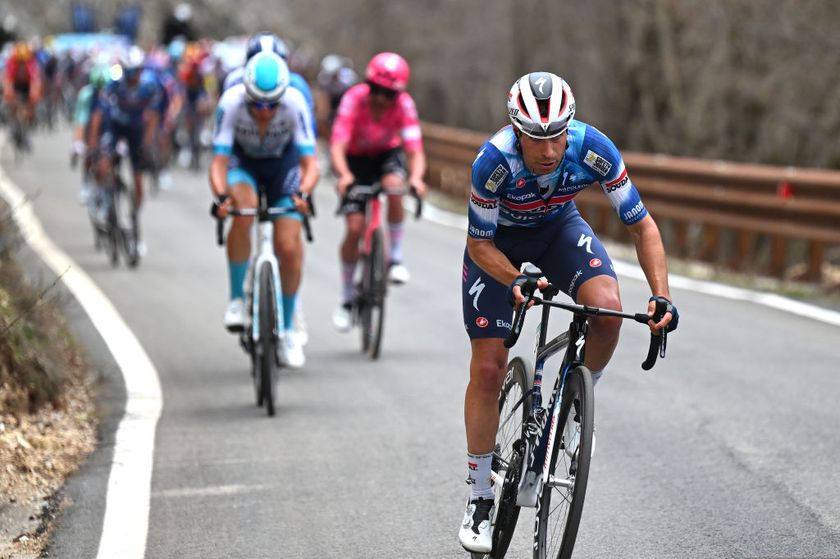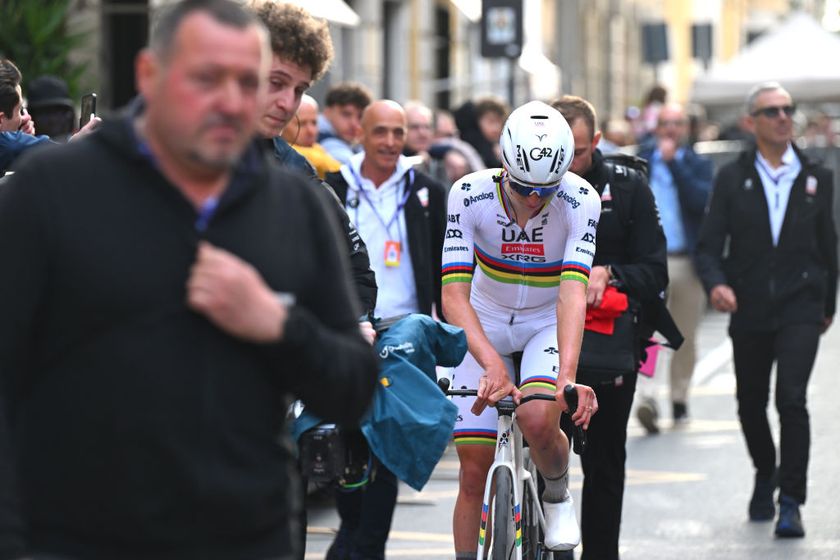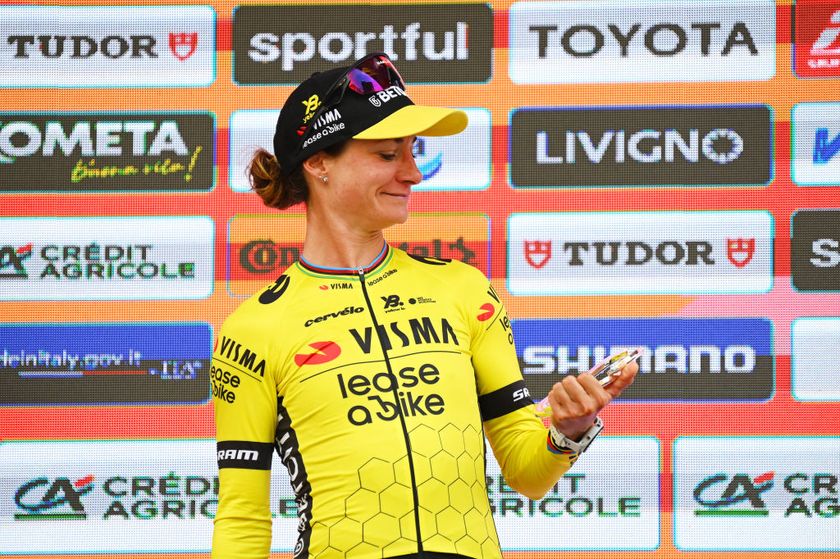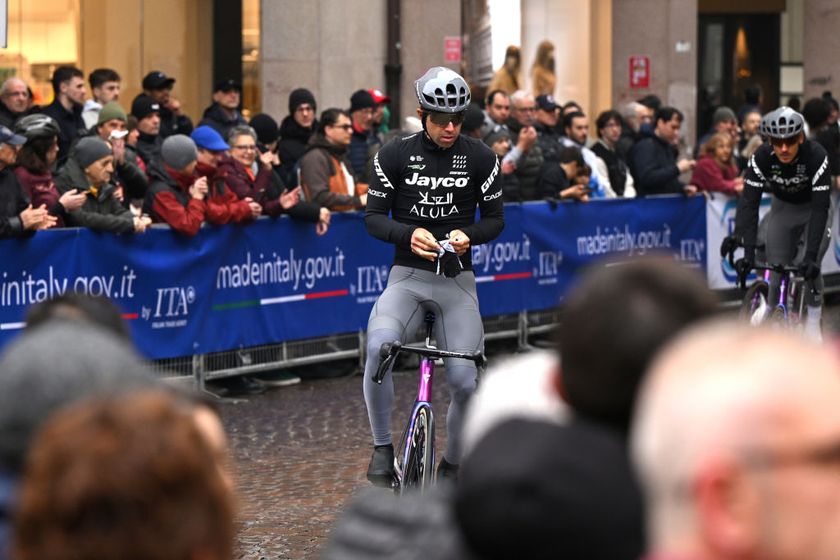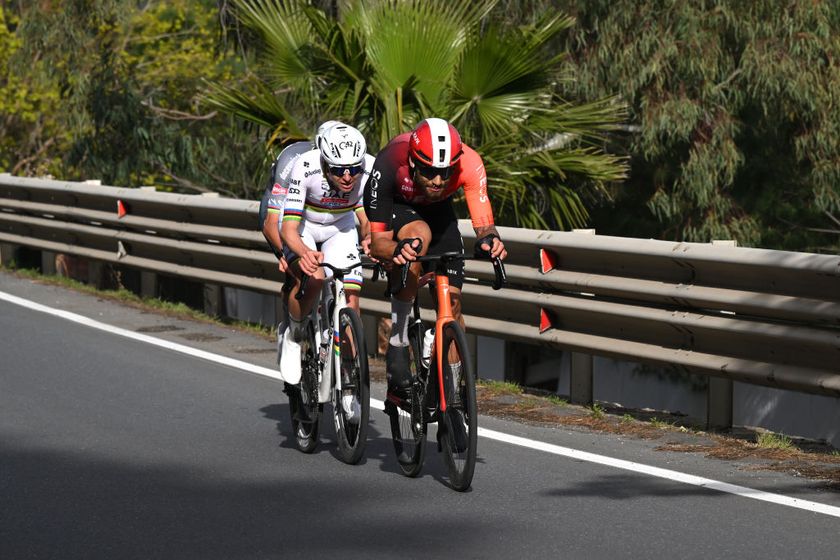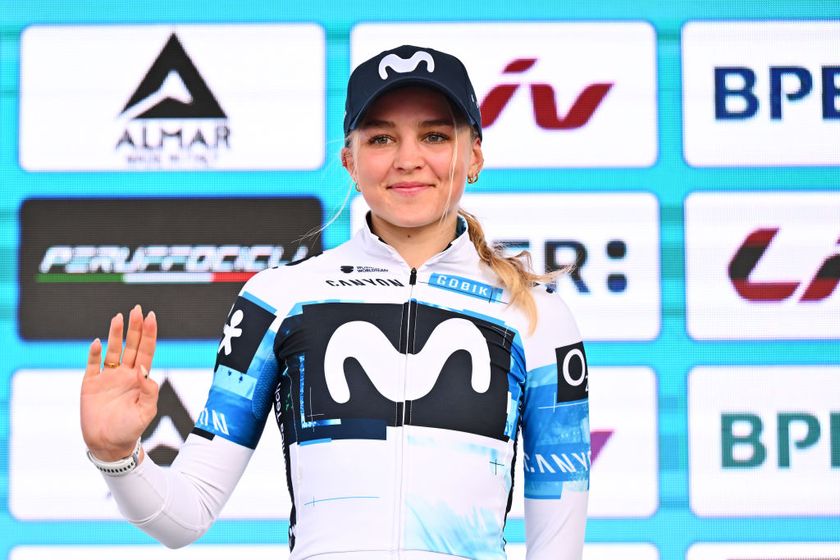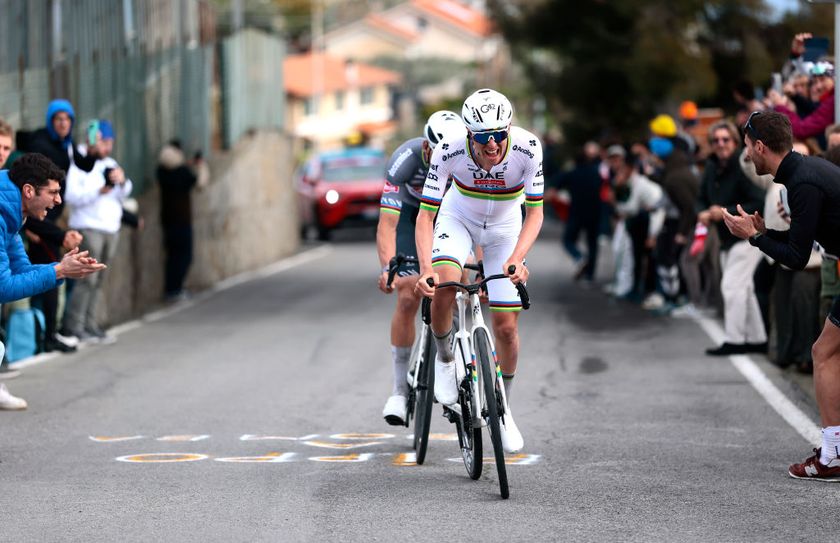‘It’s the dose that kills, not the gas itself’ - Carbon monoxide rebreather company responds to MPCC ban call
MPCC strongly advises against use of CO rebreathers as company producing devices calls for clarity
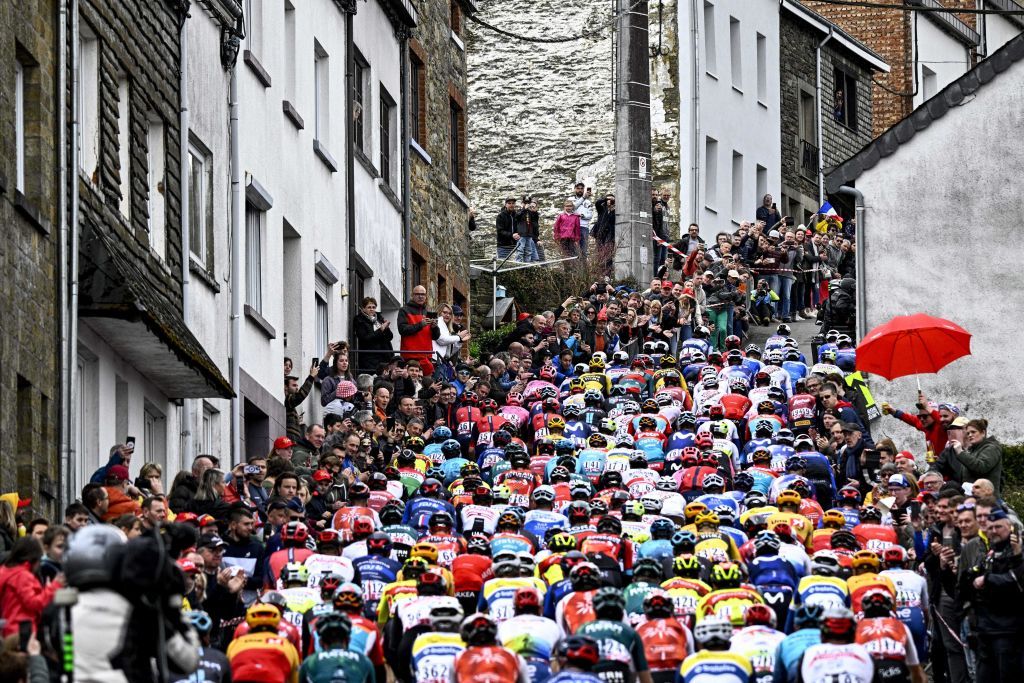
Detalo Health, the company behind the carbon monoxide (CO) rebreathers used by multiple WorldTour teams, has responded to a call by the Movement for Credible Cycling (MPCC) for the technique not to be practised.
The technique came to light during the 2024 Tour de France when the Escape Collective website revealed that some teams use carbon monoxide rebreathers to measure and so optimise their riders' altitude training. It became a contentious topic from the get-go, with Tadej Pogačar wary to even admit to his knowledge of the practice at first.
After initially stating that they had no plan to call for a ban on CO rebreathers, the MPCC has since spoken out against the technique. At their AGM last month, they strongly advised against the use of carbon monoxide and suggested it should eventually be banned.
A press release shared following their annual meeting stated: “The topic of carbon monoxide was also raised. Some media have reported a likely misuse of this potentially lethal gas. The aim of its use would be to create artificial hypoxia by inhaling it in (unknown) doses, thus mimicking the effects of exertion at altitude.”
It then cited part of the World Anti-Doping Code related to artificially enhancing the uptake, transport or delivery of oxygen, before adding: “With the health risk (potentially fatal), the complex and artificial technical aspect (misuse of technical and therapeutic means to artificially create physiological changes), and the world anti-doping code in force, the MPCC can only and strongly advise against the use of this technique… until it’s banned.”
Cyclingnews reached out to Detalo Health for a response to these remarks, with the company believing that the MPCC needs to be more specific in what it is calling to be banned.
Carsten Lundby, CEO of Detalo Health and a professor at the University of Southern Denmark, said that "I completely agree that we should advise against the use of carbon monoxide inhalation with the intent to increase haemoglobin mass. That should be clear. And we have stated this on numerous occasions already.
Get The Leadout Newsletter
The latest race content, interviews, features, reviews and expert buying guides, direct to your inbox!
"The use of carbon monoxide as a medical diagnostic tool is, of course, an entirely different thing where the intent is not to increase performance, but as a diagnostic tool. And that should, of course, not be forbidden, or cannot be forbidden. So there needs to be a clear distinct treatment between the two," he added.
He went on to double down on his stance, stating: "I'm very much against carbon monoxide inhalation with the intent to increase performance. I think it's against the spirit of sports. I don't want my kids to inhale toxic gas in order to become World Champions."
Lundby was quick to question how the MPCC define the aim of carbon monoxide too, adding: "The aim of CO rebreathing [is] to determine blood volume. The aim is not to create artificial hypoxia. You administrate the carbon monoxide so that you can measure blood volume which is different than what they advise against."
WorldTour teams have revealed very little about how they've used the practice to date, which has perhaps only helped to feed suspicion around the topic. Asked if more transparency is needed, the scientist was frank in his response.
"Of course, and this is also why we wrote a small research paper on this that was published in May or June that we strongly advise against the use of carbon monoxide with the intent to increase haemoglobin mass through the stimulation of hypoxia."
Lundby explained that his reason for this stance is that exploring the limits of carbon monoxide in terms of increasing haemoglobin mass could pose serious health risks and "at some point, this does become toxic."
However, that doesn't mean he believes teams need to be more open in regards to how they use the rebreathers.
When asked if more transparency would help the public perception of carbon monoxide rebreathers, the professor was clear.
"No, actually, I don't. Because if you do carbon monoxide rebreathing with the intent to measure haemoglobin mass, it's pretty clear what you do and there are zero performance gains by assessing blood volumes with this method."
The Detalo chief went on to add that the medical technology company collect all the data transmitted from the devices in real-time, so malpractice would be clear to see.
He also confirmed that Detalo plans to continue working with WorldTour teams in 2025.
"We haven't done any measurements [in the off-season], but we will next year because we will continue our work as we have always done it, where we measure blood volumes before and after altitude camp," Lundby remarked, subsequently revealing that new interest in the practice since it became public this summer was "not more than usual."

Pete joined Cyclingnews as Engagement Editor in 2024 having previously worked at GCN as a digital content creator, cutting his teeth in cycling journalism across their app, social media platforms, and website. While studying Journalism at university, he worked as a freelancer for Cycling Weekly reporting on races such as the Giro d’Italia and Milan-San Remo alongside covering the Women’s Super League and non-league football for various titles. Pete has an undeniable passion for sport, with a keen interest in tennis, running and football too.
